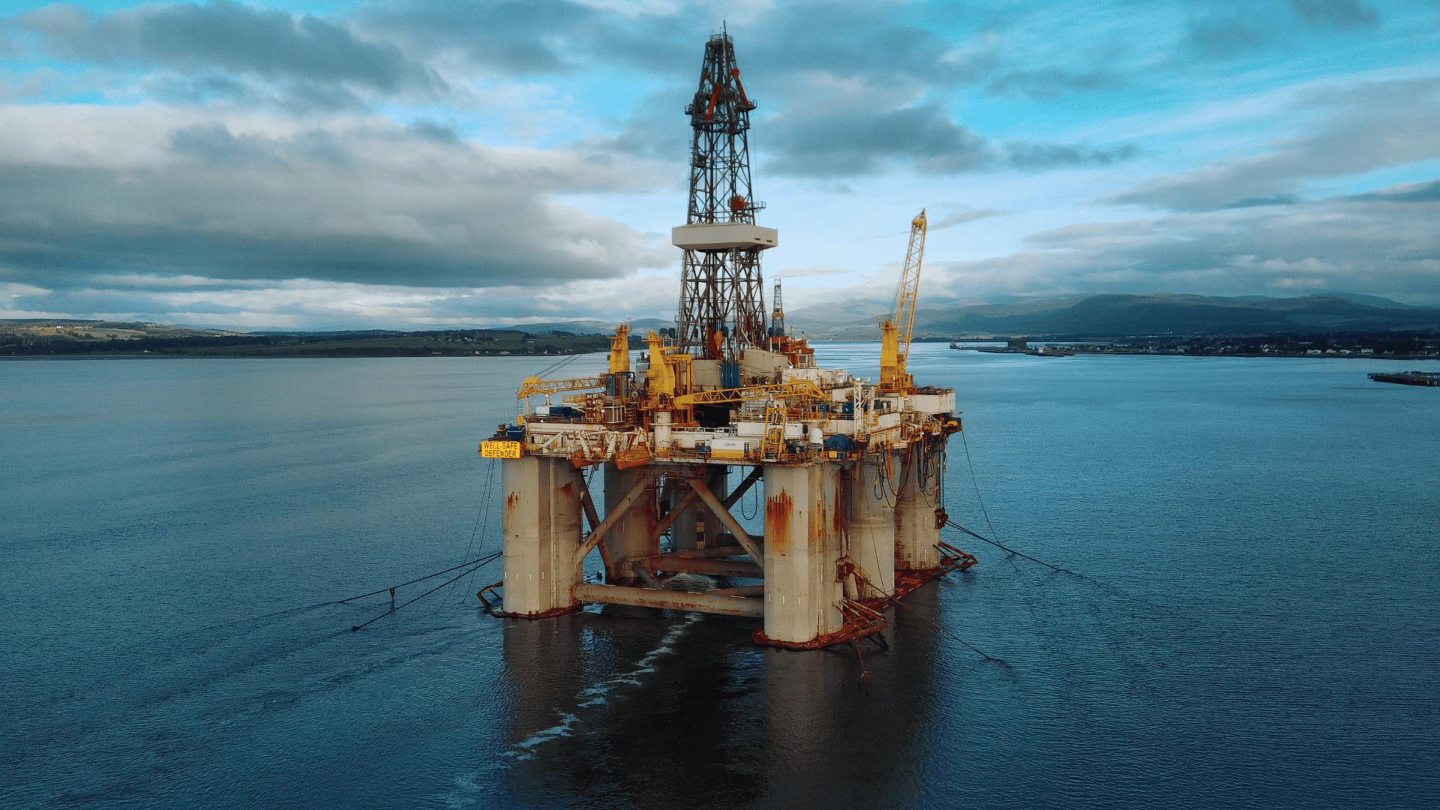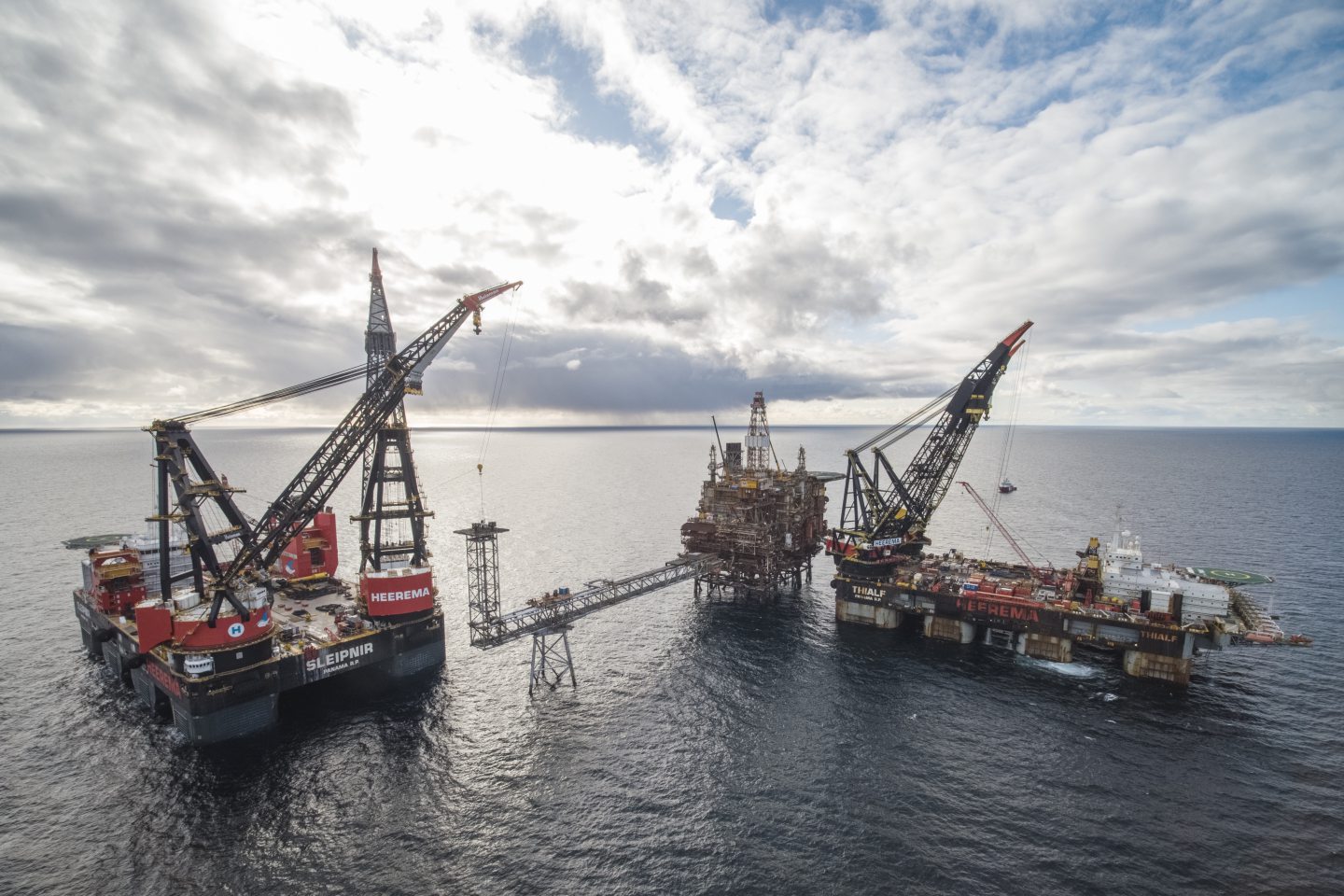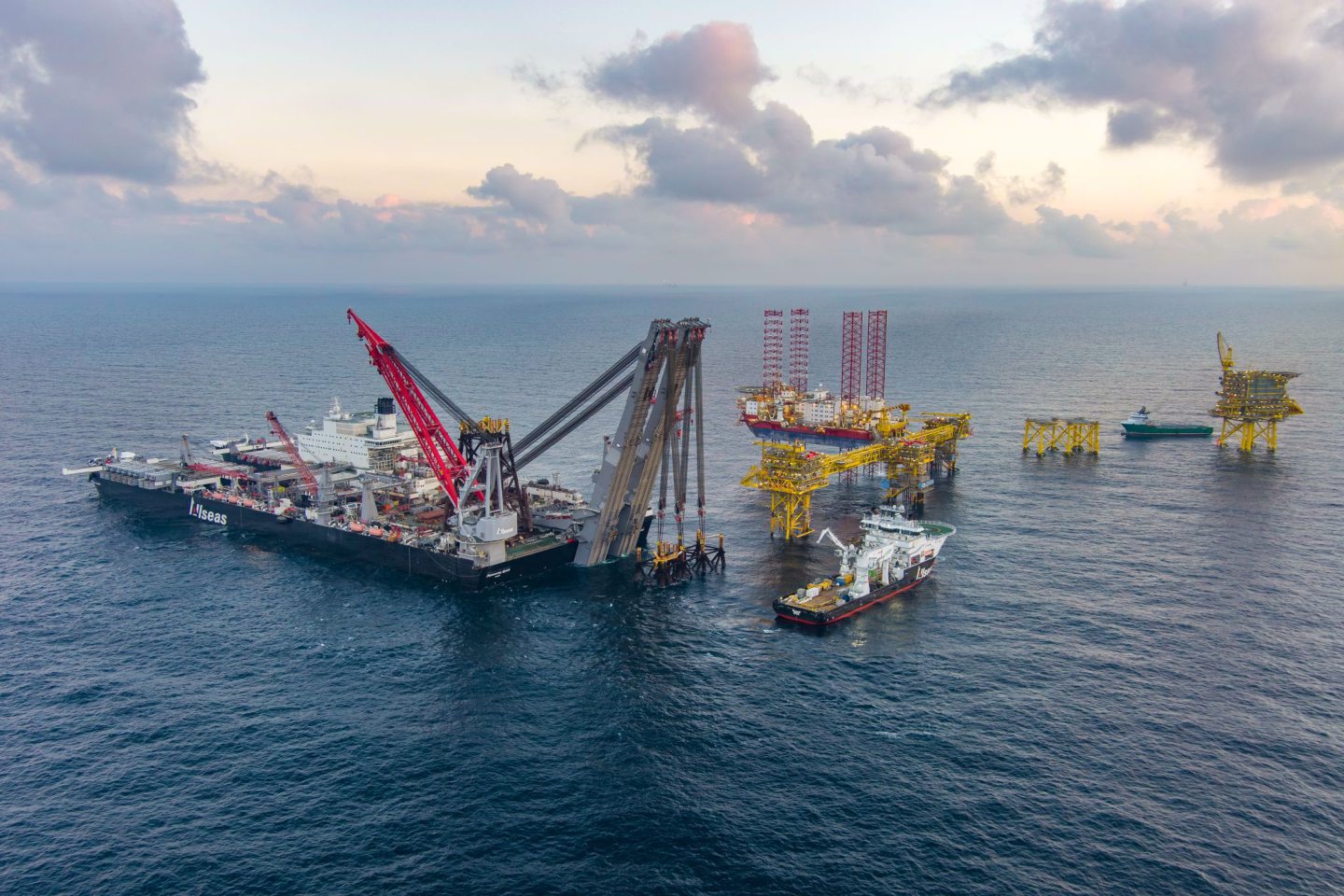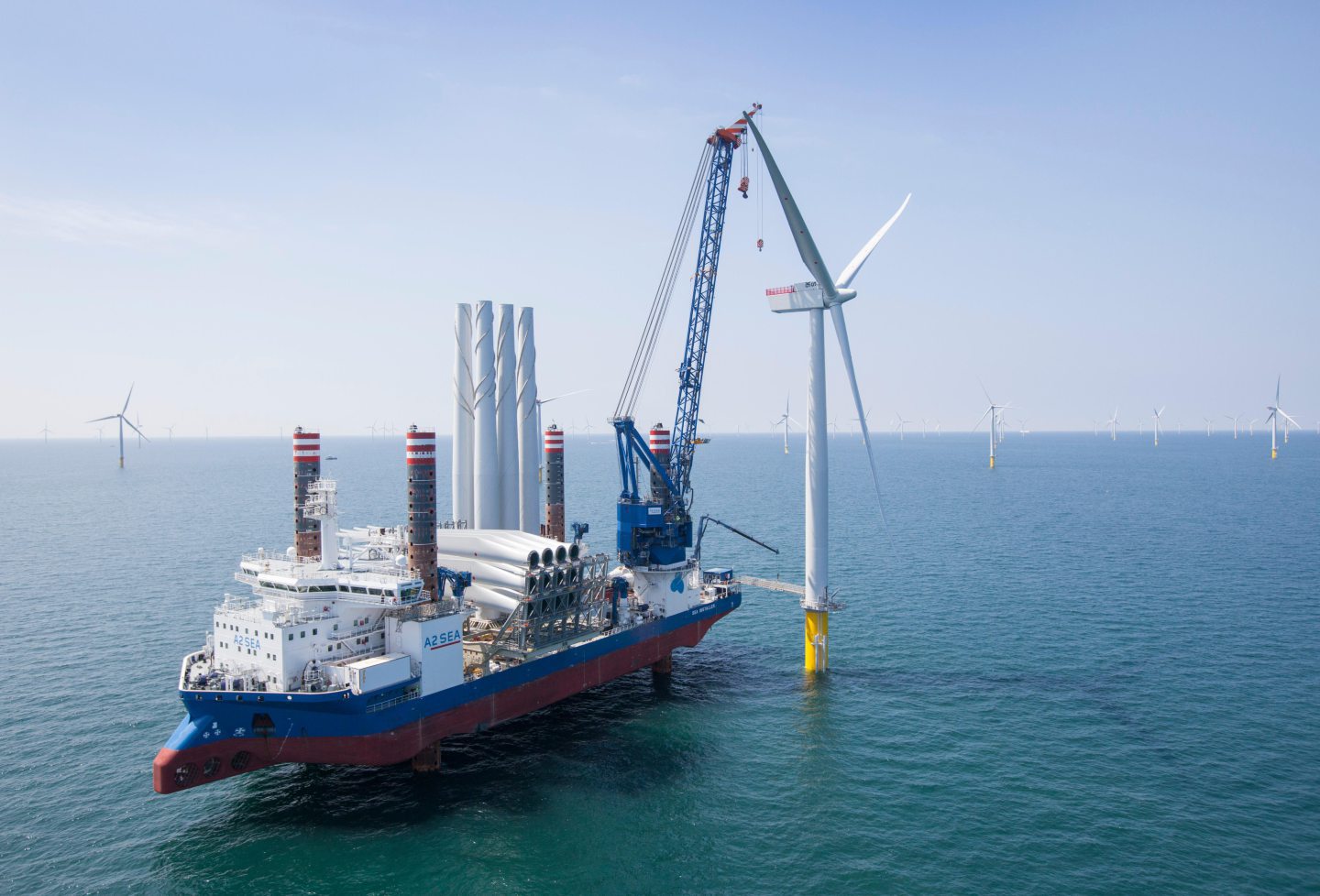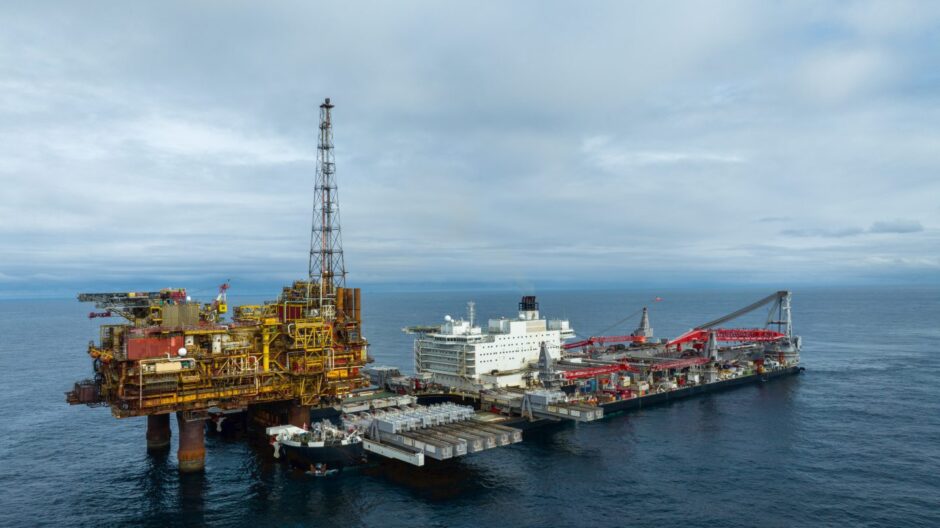 © Supplied by Shell
© Supplied by Shell Rising costs meant North Sea operators spent “more money doing less work” on offshore decommissioning in 2023, according to an industry report.
In its report, trade body Offshore Energies UK (OEUK) also raised concerns about the impact recent changes to the windfall tax on North oil and gas operators could have on decommissioning activity.
As the UK builds out its offshore wind capacity, OEUK said looming competition with for heavy lift vessels could also create challenges.
2023 decommissioning spend
OEUK found that while decommissioning spending rose last year, “considerably less work was completed compared with the forecast”.
The sector spent £1.7 billion on decommissioning in 2023, a slight rise compared to the £1.6bn spent in 2022.
In its previous report, OEUK had forecast spending to top £2bn for the first time in 2023.
The organisation blamed cost inflation, political risk and competition for resources for making it “harder to do business” for the sector.
Despite spending more, the sector decommissioned 126 wells in 2023, 40% lower than forecast and a 10% decrease compared to 2022.
OEUK said some works were moved into 2024 due to factors including rig availability, fiscal uncertainty and technical issues.
Well decommissioning is also getting increasingly expensive, rising 16% to average nearly £3.5m per platform well, and over £8.5m for subsea wells.
Meanwhile, operators removed three topsides, five substructures and just over 6,000 tonnes of subsea infrastructure.
£2.3bn forecast for 2024
OEUK forecast spending to increase to £2.3bn across 2024, with a substantial increase in the number of wells, topsides and sub-structures decommissioned.
From then on, OEUK expects annual spending above £2.4bn until the end of the decade as decommissioning will account for a higher share of overall industry spend.
In 2023, decommissioning accounted for 12% of total oil and gas expenditure in the UK continental shelf (UKCS), however OEUK said this could rise to 33% of spending by 2030 and overtake capital expenditure.
But delivering this ramp up in spending will not be without its challenges, particularly if changes to the UK fiscal regime causes operators to shut down fields earlier than previously planned.
OEUK sustainability and policy manager Michael Tholen said the increased tax burden as part of the Energy Profits Levy (EPL) “appears to be having an impact” on the decommissioning market.
He said companies are seeing their cash flows tighten and seeking to manage costly decommissioning activities “in a more cautious manner”.
“There have also been fears that the decommissioning market could overheat and again this could lead companies to take some pressure off activity to see if that leads to prices dropping,” Tholen said.
Investment ‘will dry up’ without stability
In its report, OEUK said the “constant threat of macroeconomic pressures and specifically the UK’s unstable fiscal regime greatly hamper the UK’s efforts to decommission in a timely manner”.
The organisation said without a stable fiscal regime, investment “will dry up and the workflow will stagnate”.
“There is no energy transition without a healthy UK supply chain and there is no UK supply chain without investment,” the OEUK report said.
“Conversely the EPL will lead to earlier than expected cessation of production, meaning an uptick in the number of wells that will be decommissioned earlier.”
OEUK said there is a risk the UK supply chain may have “reached its peak capability to deliver wells with its current fleet”, requiring more investment from operators.
“The UK needs fiscal and political stability for the supply chain to rise to the challenge,” OEUK said.
“So either the UK fails in its efforts, or the curve is flattened and well decommissioning delivery targets are revised.”
Offshore wind clash
Elsewhere, OEUK said despite efforts to improve cross-sector collaboration, the “battle for heavy-lift assets” between offshore wind and oil and gas continues.
The report said clashing work schedules and the “inevitable” competition for resources and personnel is “visibly intensifying” ahead of an “unprecedented scope increase” in both sectors.
OEUK decommissioning manager Ricky Thomson said the competition for vessels is expected to peak in 2028, as wind farm construction ramps up.
However, Thomson said the issue will be challenging for both sectors from 2027 until the end of 2030.
“There’s going to be clashes, and it’s going to be a significant fight for space here, and that’s why we’ve already started working with the offshore wind sector,” he said.
“We need to maintain a healthy supply chain, we can’t just drive prices up with competition.
“So we need to work even closer together… to ensure that we give an even spread of work across the supply chain and to ensure we’re not just driving costs through the roof because we’re all fighting to do things on a specific day.”
